
A retired dentist and avid cyclist, Neil Dicker of Orefield, Pennsylvania is also a dedicated advocate for individuals affected by cutaneous lymphoma. In this video, Neil shares his inspiring story of living with the disease.

A retired dentist and avid cyclist, Neil Dicker of Orefield, Pennsylvania is also a dedicated advocate for individuals affected by cutaneous lymphoma. In this video, Neil shares his inspiring story of living with the disease.

Does Medicare coverage for patients with cancer match up to what they actually want covered?

With the use of MRI imaging to restrict doses to erectile tissues, nearly half of men treated with external beam radiation therapy (EBRT) for prostate cancer were able to be sexually active without aids or medications 5 years later, and nearly 80% could be sexually active if such support was an option

A new study from Thomas Jefferson University suggests that observation may not be right for all patients with early stage prostate cancer.
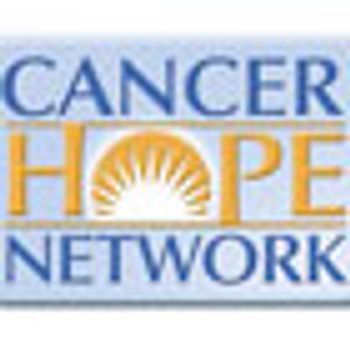
That support is provided by matching people diagnosed with cancer and/or family members with trained volunteers who have themselves undergone and recovered from a similar cancer experience.
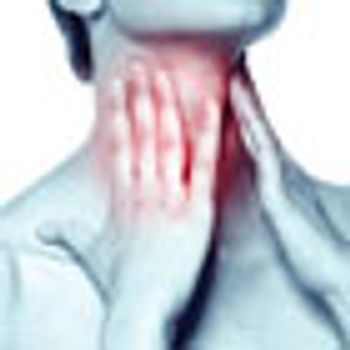
Radiotherapy is equally as effective in the palliation of dysphagia (difficulty swallowing) as chemoradiotherapy for patients with advanced esophageal cancer

In an "Art of Oncology" column in the Journal of Clinical Oncology, Nandita Khera, MBBS, MPH from the Mayo Clinic in Phoenix, AZ, proposes that financial toxicity is an important effect of cancer treatment that can be as devastating as other adverse medical events.
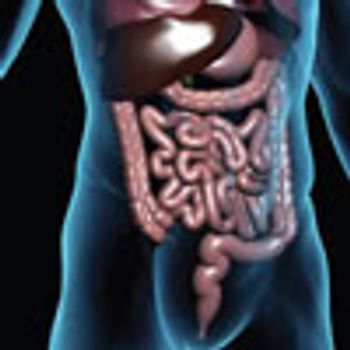
A study conducted by researchers at the Mayo Clinic has found that family conflicts and other nonmedical problems may raise their risk of complications following cancer surgery.

Please join us in Washington, DC, on September 20th for Cocktails for a Cure!
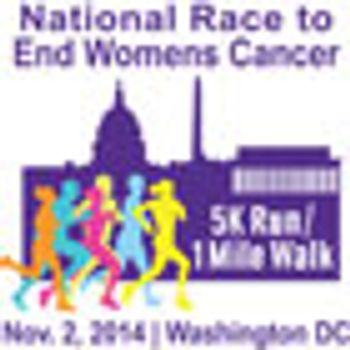
Show some heart! Register or donate to support the 2014 National Race to End Women's Cancer, Sunday, November 2 at the Freedom Plaza in Washington, DC.

The FDA has expanded the approval for the androgen receptor inhibitor enzalutamide (Xtandi) to include the treatment of men with chemotherapy-naive mCRPC.

New research suggests that men who aren't well educated about their prostate cancer have a much more difficult time making treatment decisions.

Underscoring the need to raise awareness among oncology nurses of the importance of adhering to safety precautions when administering chemotherapy and other hazardous drugs, the NIOSH has awarded a $2.3 million research grant to identify exposure risks and promote strategies to combat them.

When depression is identified, it often goes untreated.

A new study is shedding light on the need for cancer centers to invest more in palliative care services, adequate rooms for dying patients, staff training in end-of-life care, and advanced care–planning standards.

Women who received the hormone suppressor goserelin (Zoladex) along with their chemotherapy were significantly less likely to develop premature ovarian failure and were more likely to have successful pregnancies, than women who received chemotherapy alone, according to findings from the federally funded phase III S0230/POEMS clinical trial.
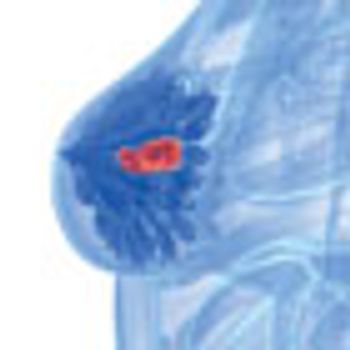
About 5% to 10% of breast cancers are thought to be hereditary, caused by abnormal genes passed from parent to child.

The FDA has approved pembrolizumab (Keytruda) for the treatment of advanced melanoma, making it the first PD-1 inhibitor to receive approval in the United States and marking yet another milestone breakthrough for patients who once had little hope of surviving this disease.

Endometrial cancer is the most common gynecologic cancer and the fourth most common cancer.

Cutaneous lymphomas are a distinct subset of non-Hodgkin's lymphoma. They are cancers of lymphocytes (white blood cells) that primarily involve the skin.

One of the first studies to prospectively examine women's breast surgery preferences has revealed that newly diagnosed women with breast cancer who decide to undergo contralateral prophylactic mastectomy (CPM) aren't relying on evidence-based information, highlighting the need for interdisciplinary patient education and communication.

With more and more data supporting the association between actress Angelina Jolie's double mastectomy and an increase in the amount of patients seeking genetic testing, the attention is on genetic counselors to improve their intake model to more efficiently handle the increased demand.
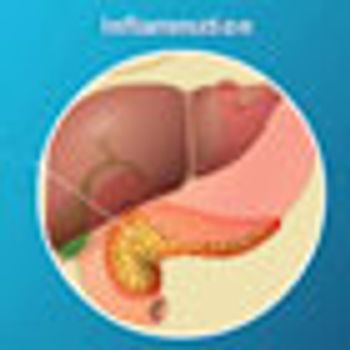
The event addresses the management of symptoms and complications of chronic pancreatitis.

A new study has shown that while there was an increase in the percentage of women diagnosed with early-stage breast cancer undergoing a double mastectomy, the increase was not associated with a lower risk of death compared to breast-conserving surgery plus radiation.

The American Society of Clinical Oncology (ASCO) has released a new clinical practice guideline on the treatment of patients with advanced HER2-negative breast cancer.

Helpful eating tips for women who are going through breast cancer treatment

Although lung cancer incidence is decreasing in the United States, the details about this trend are unknown.

The National Pancreas Foundation (NPF), a nonprofit organization that provides hope for those suffering from pancreatitis and pancreatic cancer, has announced that it will build the first-ever national patient registry devoted to all pancreatic diseases, including pancreatic cancer and pancreatitis.

Every year, Cancer Hope Network (CHN) awards a group or individual who has made a difference through their own courageous battle with cancer, or who has helped others through the ordeal of treatment. The Committee evaluates nominees on how they made a difference through a display of courage, spirit, inspiration, or support in the battle with cancer.

Patients starting palliative care for advanced cancer are often already on repeat prescriptions of statins to lower cholesterol and reduce risk of a heart attack or stroke, and many of these patients continue on statin therapy until death.